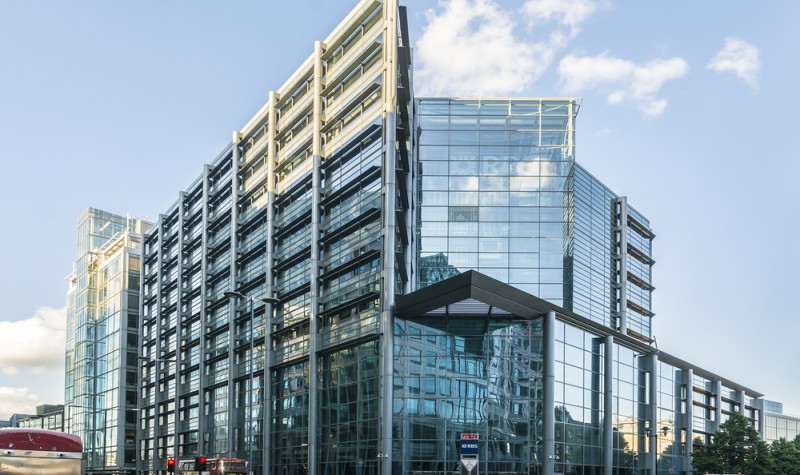RBS: An Expensive Way Of Flushing Our Money Down The Toilet

One of the best rules around and the most long-lasting is the way that HM Government and the City simply do not mix. The best example of this at the moment is the announcement that Royal Bank Of Scotland (RBS) has lost £50 billion since it was bailed out to the tune of £46 billion at the time of the financial crisis some 7 years ago.
Of course, even at the time, we knew that it was a panic move designed to save the reputation of the City of London, and perhaps even prevent a run on the UK as a major financial centre. However, the principle of rewarding or at least supporting failure is never one that is going to last, even if you are a socialist government – as we had at the time. The term Moral Hazard was mentioned many times in the wake of the financial crisis. But the issue was swept aside by politicians looking to appear heroic, forgetting that when it comes to money, market forces know best.
Gordon Brown may have genuinely suffered from a slip of the tongue in terms of suggesting that he had “saved the world” with reference to the UK banking sector. But I would venture to suggest the clue to the problem of the whole issue was in the collapse of the likes of Northern Rock and others themselves.
It is clear now seven years after the financial crisis that banks do not have a sustainable business model, to last the extremes of the economic cycle. This is especially so if you strip out the casino aspect of investment banking, and the way that now for several years we have seen rock bottom interest rates, soaring house prices, and savers getting next to nothing. This tilts everything in favour of the banks, but still they cannot really flourish, aside from finding new ways to rip us off.
This leads me onto the observation that all the banks really for the moment is sitting ducks for regulatory fines, which are ultimately paid for by the retail clients of these banks through interest on mortgages and credit cards.
Therefore it could be said that the person on the street has paid twice for bailing out banks – first at the time of the collapse (there was no debate / vote on this), then ongoing in terms of banking charges and the fact that we will probably have to pay higher taxes for the privileges of having the big five names in the High Street. HSBC (HSBA) for one, does not appear to be very thankful as it is threatening to leave the UK. Good riddance, is probably the appropriate phrase on this.
Of course there is an irony that the Government/politicians have gone into overdrive regarding tax avoidance as one of the great sins of the western world. But it is clear that there would be much less tax to avoid if they had not been wilfully wasting money on an idiotic concept such as bailing out a bank (or any other failed company). Having to grub around for the bailout money by picking on the weak, the mean and the foolish who do not want to pay “excessive” tax is not the answer either.
Going back to RBS in particular, there seems to be no light at the end of this particular tunnel. We have already been told that there is another tough year after the £446 million loss for the first three months of this year and that there are liabilities due as a result of the foreign exchange market rigging in which it was allegedly involved.
All of this makes one feel like saying comeback Fred “The Shred” Goodwin, all is forgiven, as even the former CEO of RBS is unlikely to have managed a loss as big as the one that has been chalked up since he was ousted, even in his wildest nightmares. The best punishment for him was probably having to work for free in restoring RBS’s financial fortunes, rather than taking away the Knighthood.
Comments (0)